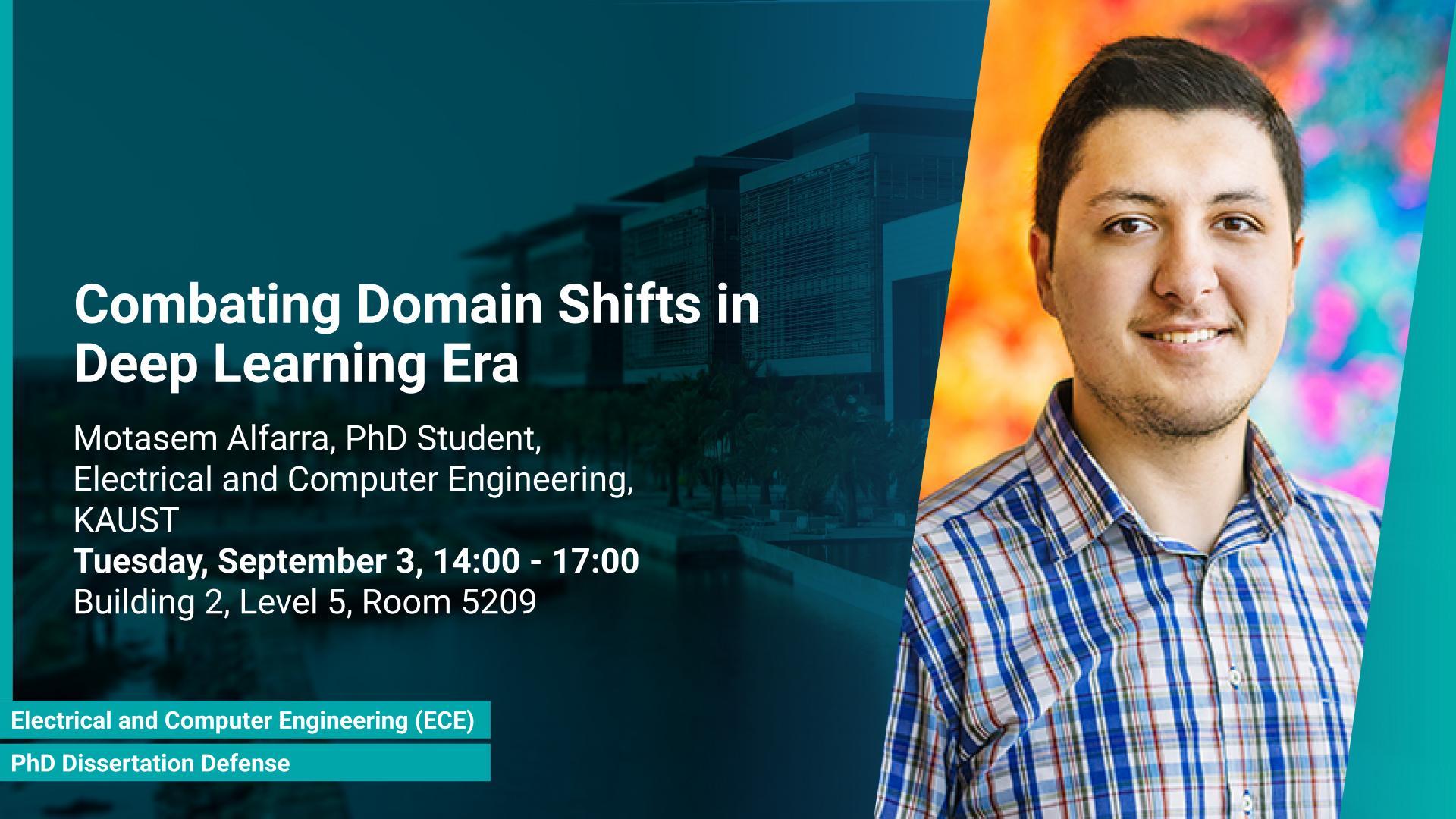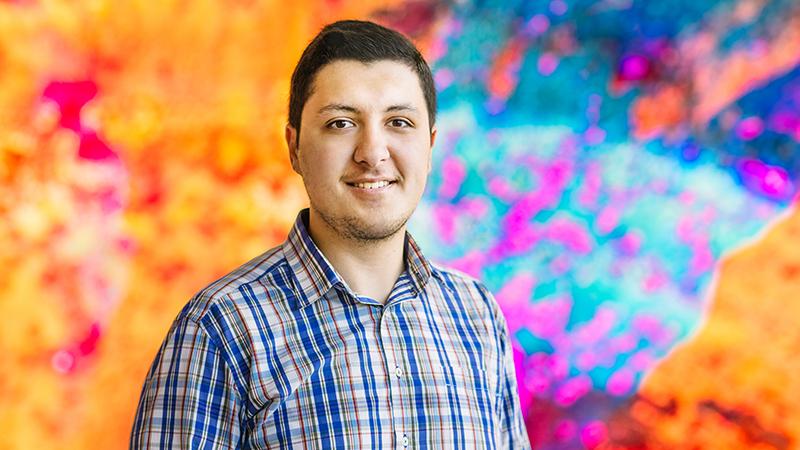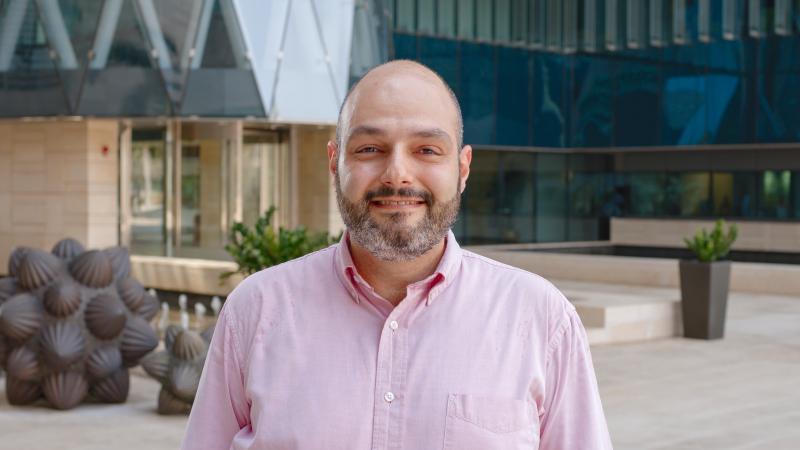Event Start
Event End
Location
Abstract
Deep Neural Networks (DNNs) have demonstrated exceptional performance in various fields, but they often suffer from performance degradation when encountering domain shifts, common in real-world applications. This thesis addresses this challenge by exploring and improving robustness approaches. In particular, we draw special attention to three main frameworks addressing domain shifts: robust training, continual learning, and test-time adaptation. We first investigate the vulnerability of generative model evaluation metrics, such as Inception Score (IS) and Fréchet Inception Distance (FID), to adversarial attacks and propose a robustified FID metric using a robustly trained Inception model. We then focus on certified robustness against geometric deformations like rotation and translation, introducing the scalable methods DeformRS and 3DeformRS to certify the robustness of DNNs for both 2D images and 3D point clouds against real-world deformations. In the realm of CL, we address the Online Domain-Incremental Continual Segmentation (ODICS) problem, proposing SimCS, an orthogonal and parameter-free method using simulated data as a continual learning regularizer, which shows consistent improvements across CL methods. Lastly, we examine Test-Time Adaptation (TTA) to adapt pretrained models to domain shifts in unlabeled data streams. We introduce the anti-adversary layer to counter adversarial attacks presented at test-time by perturbing the input in the opposite direction of the adversarial one. At last, we propose a realistic evaluation protocol for TTA methods that accounts for adaptation speed. Our extensive experiments underscore the importance of practical adaptation methods that are both accurate and efficient.
Brief Biography
Motasem is a Ph.D. Candidate at the Image and Video Understanding Lab (IVUL) supervised by Prof. Bernard Ghanem. He received his B.Sc in electrical engineering from Kuwait University in 2018 and his M.Sc. in Electrical and Computer Engineering from KAUST in 2020. His current research interests include test-time adaptation and continual learning.


